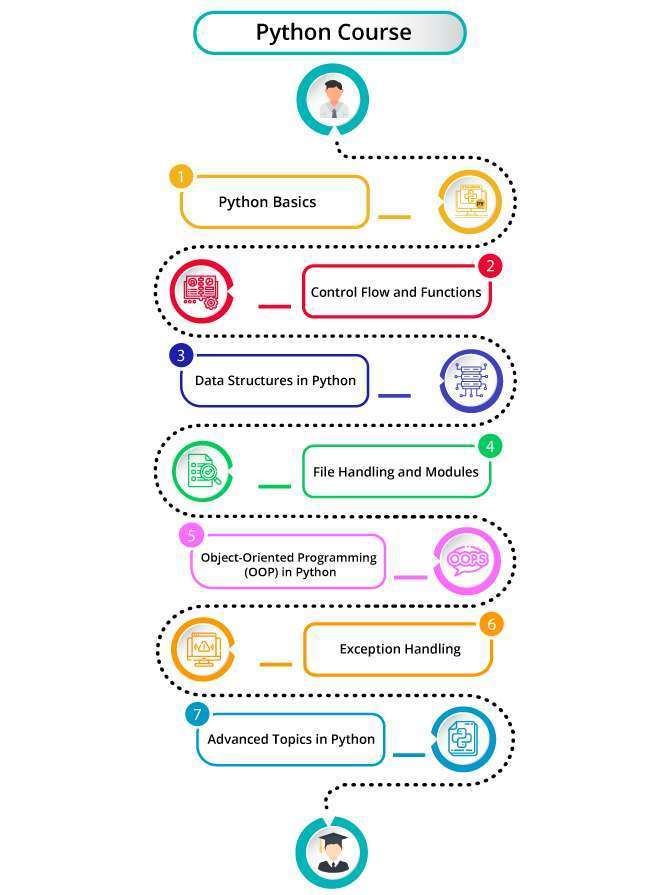Rated #1 Recoginized as the No.1 Institute for Ethical Hacking Course in Pune
We equip aspiring cybersecurity professionals with the skills and expertise needed to excel in ethical hacking, security roles, and tackle real-world challenges in protecting digital infrastructures.
Enrolling in our Ethical Hacking course with placement support gives you access to top-quality training and promising career opportunities. Our Ethical Hacking certification program is designed to meet industry standards and focuses on hands-on, real-world skills.
- Premier Ethical Hacking Certificate Course in Pune.
- Gain unlimited placement opportunities with top IT companies.
- Trusted by over 300 hiring partners and 10,000+ successful graduates.
- Learn from certified cybersecurity experts with 10+ years of experience.
- Affordable fees with a comprehensive curriculum and guaranteed placement assistance.
- Participate in interactive labs and practical exercises to sharpen your ethical hacking skills.

































